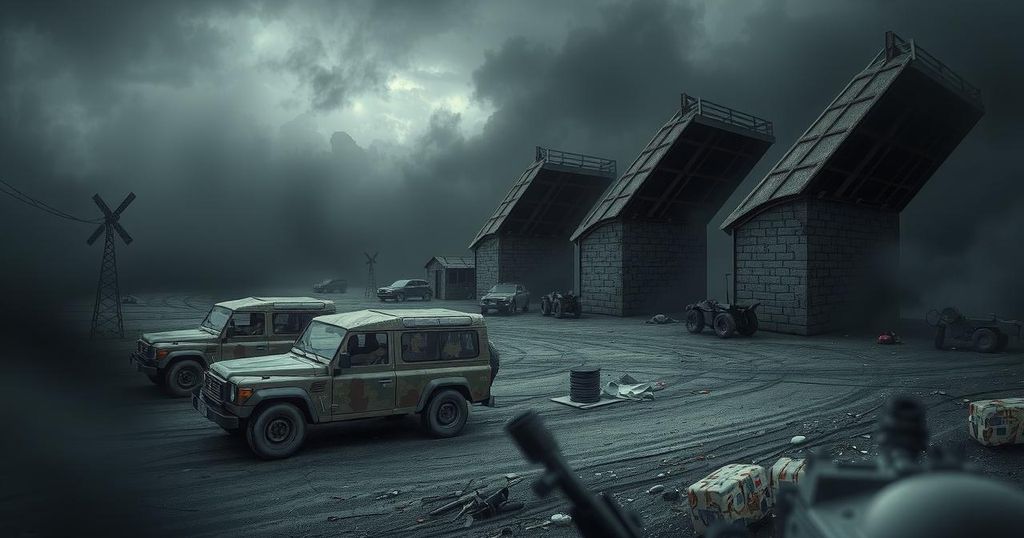Maj. Gen. Lul Ruai Koang’s recent call for military officers tied to First Vice President Dr. Riek Machar to return to work is likely ineffective due to pervasive fear and mistrust. The arrest of key opposition figures has heightened insecurity, leading officers to consider self-preservation essential. Continued dependence on political motivations undermines the potential for trust within South Sudan’s military structures.
On March 9, 2025, Maj. Gen. Lul Ruai Koang, spokesperson for the Sudan People’s Defence Forces (SSPDF), urged military officers linked to First Vice President Dr. Riek Machar to resume their duties. However, this request may reflect either a deliberate misrepresentation of facts or a serious misunderstanding of the prevailing conditions, as it overlooks the profound crisis that continues to unfold.
The choice made by these officers to go into hiding is a rational reaction to a deteriorating security situation. Recent detentions of prominent SPLM-IO members, including Gen. Gabriel Duop Lam and other significant government officials, have heightened fears. Such actions, along with increased security presence around Dr. Machar’s residence, indicate a systematic targeting of SPLM-IO personnel and have shattered any remaining trust in government security measures.
The National Security Service has signaled its intent to carry out additional arrests, further entrenching the perception of impending political and military purges. Consequently, the officers’ evasion of potential detainment is justified. Gen. Koang’s characterization of their absence as a “discovery” at SSPDF headquarters fails to recognize the predictable nature of their response to a coercive security environment.
To grasp the officers’ reluctance to heed Gen. Koang’s appeal, one must consider South Sudan’s dysfunctional framework. The lines dividing political, military, and judicial functions are blurred, with arrests frequently serving political ends, leading to prejudicial detention practices. The story of Gov. Kuel Aguer Kuel, who was imprisoned for seventeen months before exoneration, underscores the lack of due process in politically motivated arrests, reinforcing the necessity of self-preservation.
Expecting officers witnessing the detainment of their superiors to return to their posts based solely on governmental reassurances is unrealistic. History has shown that compliance often leads to peril rather than protection, mirroring the fate of those already detained.
Gen. Koang’s assertions disregard the current reality; officers will not return to duty without tangible safety guarantees. Effective measures could include the release of detained leaders, reliable assurances against subsequent arrests, and trust-building initiatives from SPLM-IO leadership. Lacking such steps, the request is poised to be ignored as mere political rhetoric amid a landscape where survival prevails over duty.
In conclusion, the security framework in South Sudan remains deeply divided, shaped by political affiliations that have eroded faith in state institutions. Gen. Koang’s appeals bear little weight unless the government enacts substantial reforms to disentangle military activities from political oppression. This absence of progress will leave officers in hiding justifiably cautious about re-emerging before forces they do not trust.
In summary, the ongoing turmoil within South Sudan’s military and political landscape leads to a pervasive atmosphere of distrust. Gen. Koang’s attempt to reassure military officers fails to address the underlying fears stemming from arbitrary arrests and political persecution. Without meaningful reforms and guarantees of safety, it is unlikely that officers will respond favorably to calls for their return, emphasizing the need for a deeper understanding and resolution of the crisis at hand.
Original Source: www.radiotamazuj.org




